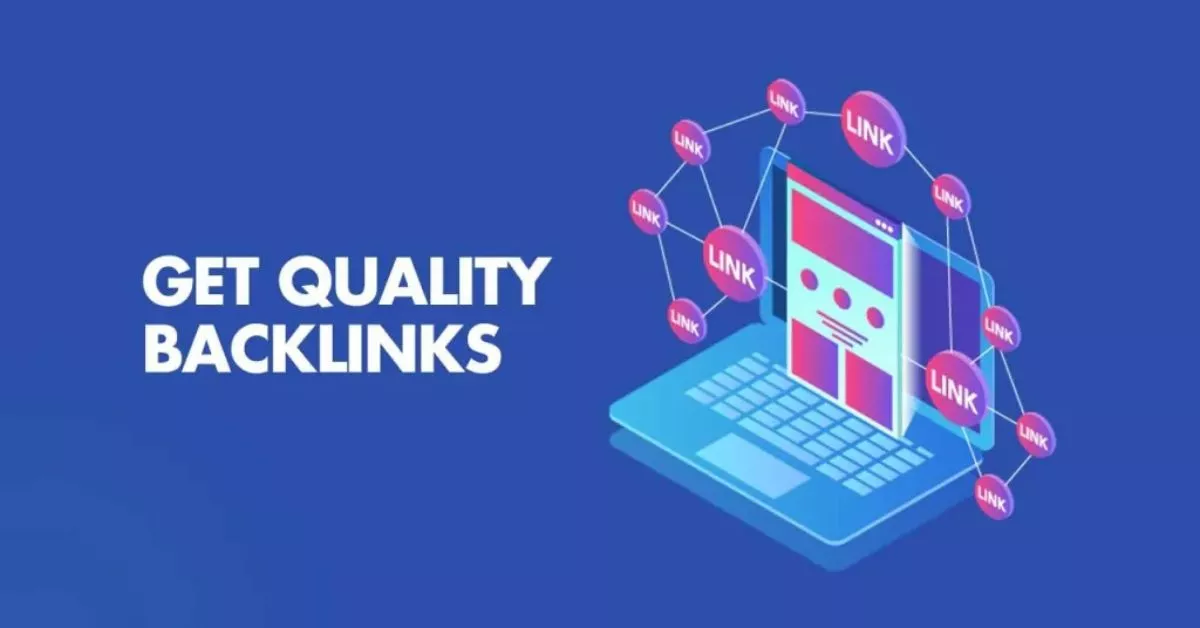Creating quality backlinks is essential for enhancing the visibility and authority of your website in the eyes of search engines like Google. A backlink, simply put, is a link from another site that points back to your site. Not all backlinks are created equal, though.
Quality backlinks come from reputable, relevant sources and can significantly boost your SEO performance, while poor-quality backlinks can do more harm than good. Here’s a comprehensive guide on how to make quality backlinks for your website.
Understand the Value of Quality Backlinks
Before diving into strategies for acquiring backlinks, it’s crucial to understand what makes a backlink “quality.” A quality backlink typically comes from a reputable, high-authority website in a related field or industry. Such links signal to search engines that your content is valuable and trustworthy, leading to improved search rankings.
1. Create High-Quality, Relevant Content
The foundation of earning quality backlinks is creating content that is informative, engaging, and valuable to your audience. High-quality content naturally attracts backlinks as other websites, bloggers, and social media users want to share valuable resources with their audiences. Focus on original research, comprehensive guides, infographics, and insightful articles to encourage organic link-building.

2. Guest Blogging
Guest blogging is a time-tested method for building backlinks. It involves writing a blog post for another website in your industry. In return, the host website typically allows you to include one or two links back to your site within the article or author bio. To maximize this strategy, target reputable sites with a significant audience and ensure your guest post provides genuine value.
3. Utilize Social Media and Forums
While links from social media and forums are typically nofollow (meaning they don’t directly influence search rankings), they can lead to increased visibility and organic traffic. This can indirectly contribute to more natural backlinks. Share your content on platforms like LinkedIn, Twitter, and industry-specific forums, engaging with your community and establishing your site as a go-to resource.
4. Broken Link Building
This technique involves finding broken links on other websites and offering your content as a replacement. Use tools to identify broken links relevant to your niche, then reach out to the webmasters with a polite suggestion to replace the broken link with a link to your relevant content. It’s a win-win: you get a backlink, and the website fixes a broken link.
5. Leverage Industry Partnerships and Relationships
Building relationships within your industry can lead to natural backlink opportunities. Collaborate with industry partners, suppliers, and clients to explore mutually beneficial linking arrangements. For example, you could offer to write a testimonial in exchange for a link back to your site.
6. Create and Promote Infographics
Infographics are highly shareable and can generate backlinks when featured on other websites. Design informative, visually appealing infographics related to your industry, then promote them on social media, infographic directories, and through outreach to bloggers and journalists who might be interested in your content.
7. Engage in Community and Industry Events
Participating in or sponsoring community and industry events can lead to backlink opportunities from event websites, press releases, and media coverage. Ensure your participation adds value to the event to maximize the potential for backlinks.
8. Utilize Directories and Resource Lists
Submit your website to reputable directories and resource lists within your industry. Ensure these directories are well-curated and relevant to your niche. Avoid spammy directories as they can do more harm than good.
9. Monitor Your Competitors’ Backlinks
Use SEO tools to analyze your competitors’ backlink profiles. Identify where they are getting their high-quality backlinks from and explore opportunities for your site to earn links from the same sources.
10. Provide Testimonials

Offering to write testimonials for products or services you use can result in backlinks from those companies’ websites. Companies often feature customer testimonials prominently and include a link back to your website.
Conclusion
Building quality backlinks requires time, effort, and a strategic approach. By focusing on creating valuable content, engaging with your community, and leveraging various outreach strategies, you can earn backlinks that will boost your website’s SEO performance.
Remember, the key to successful backlink building is prioritizing quality over quantity. Quality backlinks from reputable, relevant sources are far more beneficial in the long run than a larger number of low-quality links.
Disclaimer-
The information provided in this guide is for general informational purposes only. While we strive to keep the information up-to-date and correct, we make no representations or warranties of any kind, express or implied, about the completeness, accuracy, reliability, suitability, or availability with respect to the guide or the information, products, services, or related graphics contained in the guide for any purpose. Any reliance you place on such information is therefore strictly at your own risk.
